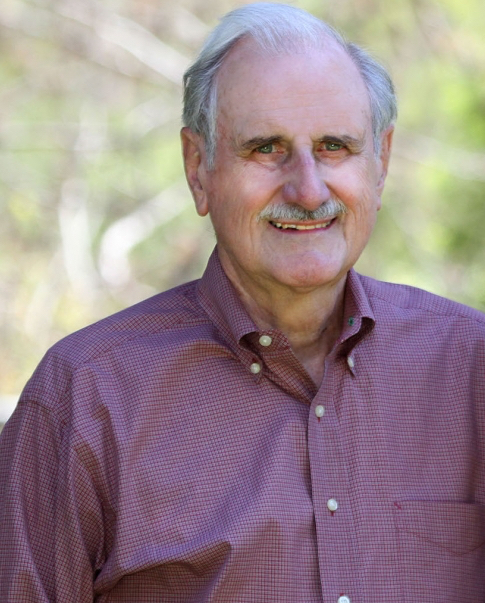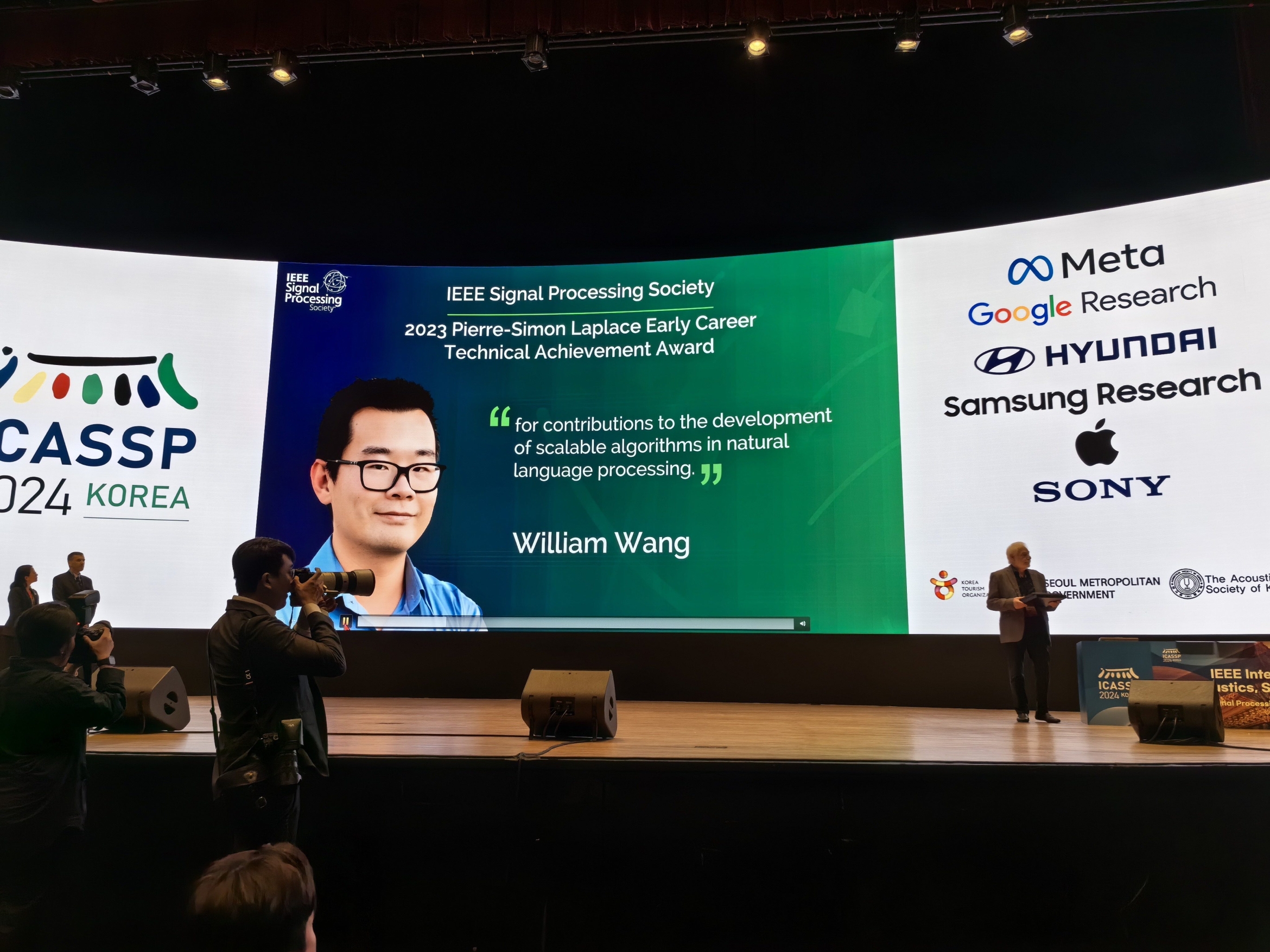
Hall of Famer
Noted for his intelligence, diligence and influence on the process control industry, Duncan Mellichamp, a professor emeritus of chemical engineering at UC Santa Barbara, has been inducted into the Control Process Automation Hall of Fame.
Inductees are nominated and selected by existing Hall of Fame members.
Mellichamp is one of six founding faculty members of the university’s Department of Chemical Engineering, where he initiated the process control program. Today, the department is ranked among the best in the world, cited in U.S. News and World Report’s 2021 rankings as the No. 5 chemical engineering graduate program among public universities and No. 8 overall.
“I appreciate the honor very much, especially knowing how much effort went into building UCSB’s chemical engineering department and the College of Engineering in the early years, as well as the unusual research and pedagogical effort expended,” said Mellichamp. “Looking back, I never thought I would take on as many things as I have.”
“It is altogether fitting that Duncan Mellichamp be inducted into the Control Process Automation Hall of Fame, an honor that highlights only a small part of his substantial impact,” said Rod Alferness, dean of the UCSB College of Engineering. “As a respected academic researcher, a mentor to dozens of students, chair of the UC and UCSB academic senates, and a generous supporter, Duncan has been and remains a giant in terms of his contributions to the college and the university.”
Mellichamp, who earned his bachelor’s degree from Georgia Tech and his Ph.D. from Purdue University, both in chemical engineering, authored more than 100 research publications on process modeling, large-scale systems analysis and computer control. Over the course of his career at UC Santa Barbara, he mentored more than 50 graduate students, including the first Ph.D. granted in chemical engineering and the first granted to a female student in the College of Engineering.
His early computer work led to an edited book, “Real-Time Computing with Applications to Data Acquisition and Control,” and he co-wrote with Dale Seborg, also a professor emeritus of chemical engineering, the undergraduate textbook “Process Dynamics and Control,” now in its fourth edition. The textbook, which received the 1990 American Society of Engineering Education Meriam-Wiley Award as the top engineering textbook, has been used at more than 60 universities. His recent research has focused on the potential profitability and risk in the design of large-scale chemical plants.
Mellichamp came to UC Santa Barbara in 1966 from DuPont’s Textile Fibers Division in North Carolina. He spent the whole of his academic career at the university and has remained active in university affairs and philanthropy since becoming emeritus in 2003. In addition to serving as chair of the campus’s Academic Senate from 1990-1992, he was vice chair and chair of the systemwide Academic Senate and the faculty representative to the UC Board of Regents in the period from 1995-1997. He also spent seven years as special assistant to the chancellor for long-range planning.
Mellichamp and his wife, Suzanne, an elementary school teacher for 30 years, have endowed 16 faculty chairs at UC Santa Barbara, beginning in 2001 with a single chair in process control. Since then, they have created three coordinated clusters of four chairs apiece in carefully selected areas deemed of increasing importance: systems biology (2003), globalization (2008) and sustainable chemistry (2014). Last year, they spearheaded the Mellichamp Endowed Chair in Systems Engineering, now occupied by Professor Michael Doherty, and two Founding Faculty Chairs, one honoring Robert Rinker, the department’s first faculty member, and the other in the name of John Myers, the first department chair.
“I always felt strongly that it is our responsibility to ensure that the people we hire are better than we are. Eventually, our successors will make us all look good,” said Mellichamp. “So, just as integral control action works slowly but effectively, pushing process outputs to the desired control objectives, this combination of bright, highly motivated young faculty in key new fields will help UCSB achieve its best long-term results.”
Established in 2001, the Process Automation Hall of Fame features about 60 inductees, including UCSB professor James Rawling, a 2016 inductee and holder of the Department of Chemical Engineering’s endowed Mellichamp Chair in Process Control, and professor emeritus Dale Seborg (2008).



